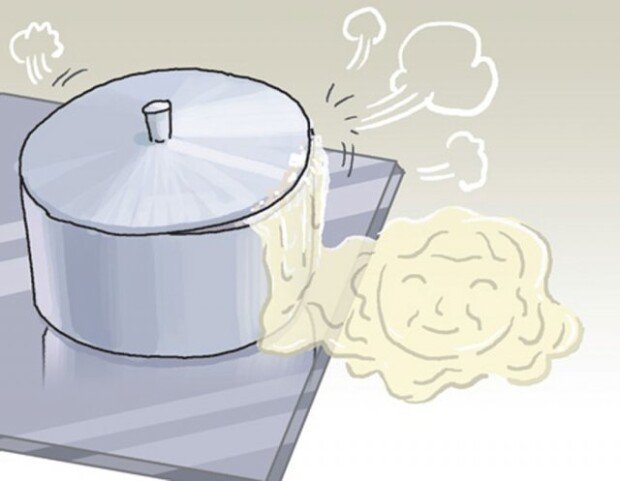Things you don’t know
Things you don’t know
Posted July. 10, 2021 07:42,
Updated July. 10, 2021 07:42

South Korean poet Ko Chong-hui’s posthumous collection of poems was published in the early 1990s. Its title is “Every Disappearing Things Leave Empty Space Behind.” It is very symbolic and powerful as most poems written by her. Such things make a deep impression on the mind. In addition, the title captures the essence of poems.
As wood is a material for a carpenter, disappearance and its marks are the two ingredients on poets’ worktables. They are the people who listen to, see, and find disappearing things, which requires hypersensitivity and careful observation. They find and record the meaning of the world through signs. Such records are sometimes sad and sometimes beautiful. Poet Im Ji-eun’s poems are examples – records of disappearance can be so melancholy and closely relatable. One day, soup on the stove was overboiled and left marks. They are faint and will be removed soon. The poet thinks of her mother at the moment. She finds her mother’s faint face in things that will disappear. Its meaning may stay with me longer if it is named, she thinks. She names it feeling sad that it will disappear.
The process of capturing disappearing things is described with subtlety in the poem. Readers would feel for the poet who seems to be fumbling around on the dark street. Perhaps, both of us are on the same mind – we may not be able to hold onto the disappearing marks but we don’t want to lose them unknowingly.
Headline News
- Joint investigation headquarters asks Yoon to appear at the investigation office
- KDIC colonel: Cable ties and hoods to control NEC staff were prepared
- Results of real estate development diverged by accessibility to Gangnam
- New budget proposal reflecting Trump’s demand rejected
- Son Heung-min scores winning corner kick







